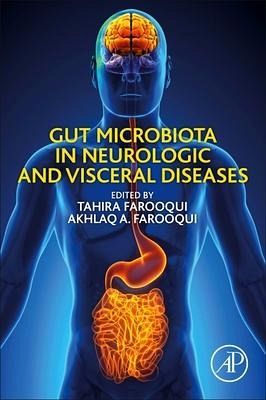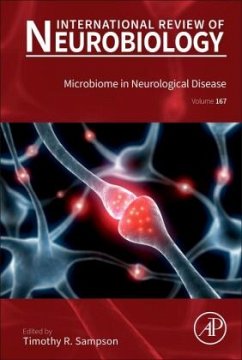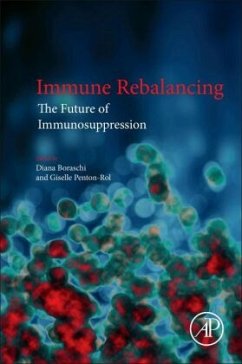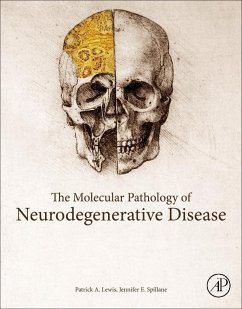
Gut Microbiota in Neurologic and Visceral Diseases

PAYBACK Punkte
50 °P sammeln!
Gut Microbiota in Neurologic and Visceral Diseases presents readers with comprehensive information on the involvement of microbiota in the pathogenesis of neurological disorders. Chapters cover the effect of microbiota on the development of visceral (obesity, type 2 diabetes, heart disease) and neurological disorders (Alzheimer's disease, Parkinson's, depression, anxiety, and autism). Sections focus on the molecular mechanisms and signal transduction processes associated with the links among microbiota-related visceral and neurological disorders. It is hoped that this discussion will not only ...
Gut Microbiota in Neurologic and Visceral Diseases presents readers with comprehensive information on the involvement of microbiota in the pathogenesis of neurological disorders. Chapters cover the effect of microbiota on the development of visceral (obesity, type 2 diabetes, heart disease) and neurological disorders (Alzheimer's disease, Parkinson's, depression, anxiety, and autism). Sections focus on the molecular mechanisms and signal transduction processes associated with the links among microbiota-related visceral and neurological disorders. It is hoped that this discussion will not only integrate and consolidate knowledge in this field but will also jumpstart more studies on the involvement of microbiota in the pathogenesis of neurological disorders.













